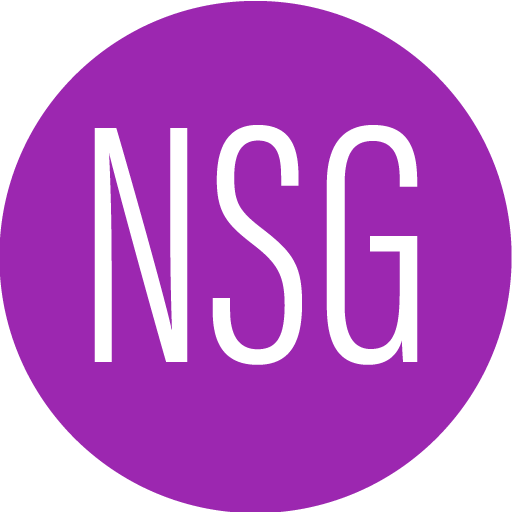This session aimed to provide valuable insights into the various options available for individuals and families when faced with decisions about guardianship and support. The alternatives we explored included powers of attorney, supported decision making, conservatorship, and limited guardianship. This comprehensive overview was designed to equip participants with the knowledge needed to make informed decisions that respect the autonomy and preferences of the individuals involved.
The webinar began with an introduction to adult guardianship, outlining what it entails and when it might be necessary. Guardianship is a legal process where a court appoints an individual or entity to make decisions on behalf of another person who is deemed unable to make those decisions independently. This often applies to adults with disabilities, cognitive impairments, or other conditions that impact their ability to manage their own affairs.
We discussed the responsibilities of a guardian, which can include making decisions about personal care, medical treatment, living arrangements, and financial matters. While guardianship can provide necessary support and protection, it also involves a significant loss of personal autonomy for the individual under guardianship. Therefore, it is crucial to consider less restrictive alternatives whenever possible.
Powers of Attorney
Next, we delved into powers of attorney (POA) as a less restrictive alternative to guardianship. A power of attorney is a legal document that allows an individual (the principal) to appoint someone else (the agent or attorney-in-fact) to make decisions on their behalf. There are different types of POAs, including:
Supported Decision Making
Supported decision making (SDM) is an innovative approach that promotes the autonomy and independence of individuals who may need assistance in making decisions. Unlike guardianship, SDM does not transfer decision-making authority to another person. Instead, it involves a network of supporters who help the individual understand their options, weigh the consequences, and communicate their decisions.
Conservatorship: Managing Financial Affairs
Conservatorship, also known as adult guardianship of the estate, is another alternative we explored. A conservator is appointed by the court to manage the financial affairs of an individual who is unable to do so themselves. This can include tasks such as paying bills, managing investments, and handling property transactions.
Limited Guardianship: Tailoring Support to Specific Needs
Lastly, we examined limited guardianship as an option that can provide necessary support while preserving as much independence as possible for the individual. In a limited guardianship arrangement, the court grants the guardian specific, limited powers tailored to the needs of the individual. For example, a guardian might be appointed to make healthcare decisions but not financial decisions.
This approach allows for a more customized solution that addresses the areas where the individual truly needs assistance, while allowing them to retain control over other aspects of their life. Limited guardianship can be a valuable alternative for those who require some level of support but do not need full guardianship.













![I am concerned about the climate crisis who should I vote for in the General Election? | UK News [Video]](https://neurosupportgiving.com/wp-content/uploads/2024/07/mp_236269_0_SEC208710166d5611719935180jpg.jpg)

![Iranian presidential candidates accuse each other of having no plan or experience ahead of runoff WFTV [Video]](https://neurosupportgiving.com/wp-content/uploads/2024/07/mp_235680_0_MQ4VDUXLYDVHYL5KYAWIFWNN2Mjpg.jpg)


